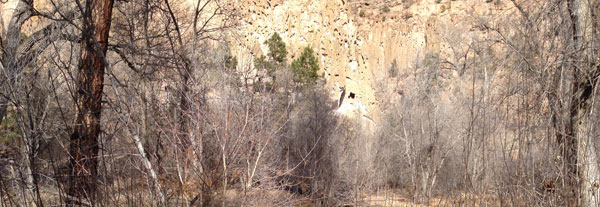 It’s Dec. 30, and I’ve just returned from a year-end ritual: my eye exam. My eyes have been dilated, throwing my vision off a bit and making me extra photosensitive. On top of that, I left my glasses behind to get new lenses placed into them.
It’s Dec. 30, and I’ve just returned from a year-end ritual: my eye exam. My eyes have been dilated, throwing my vision off a bit and making me extra photosensitive. On top of that, I left my glasses behind to get new lenses placed into them.
The result? I can barely read my computer screen as I type. My world is out of focus and could be so for two weeks, until my glasses are returned to me with their new lenses.
I apologize in advance for any typos that might creep in as a result.
That said, focus seems as good a theme as any for the end of a year and start of a new one. Continue reading


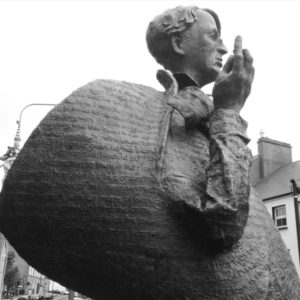
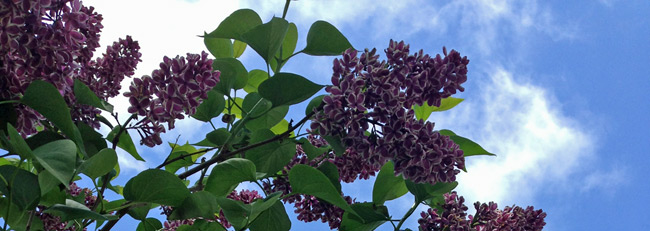 As social media editor for Escape into Life, I’m celebrating an entire month of May flowers on
As social media editor for Escape into Life, I’m celebrating an entire month of May flowers on 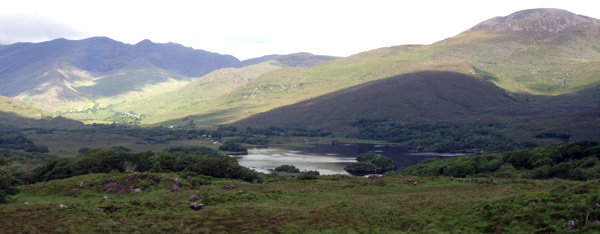 May is Mental Health Month and a good time to look for new ways to revitalize ourselves. Or just be mindful to make use of the old ways. As good a time as any, is what I really mean; this shouldn’t be a once-a-year special occasion.
May is Mental Health Month and a good time to look for new ways to revitalize ourselves. Or just be mindful to make use of the old ways. As good a time as any, is what I really mean; this shouldn’t be a once-a-year special occasion.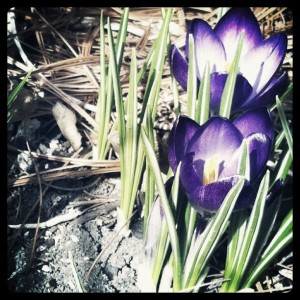 Nearly every year on April 1, I re-read T.S. Eliot’s “The Waste Land.” It’s one of my favorite poems, and while I pay homage to it by quoting and requoting lines from it in conversation year-round, I also like to sit down and read it through periodically. The opening line, quoted above, is of course why I choose April 1 for this pleasure. (Also, April is
Nearly every year on April 1, I re-read T.S. Eliot’s “The Waste Land.” It’s one of my favorite poems, and while I pay homage to it by quoting and requoting lines from it in conversation year-round, I also like to sit down and read it through periodically. The opening line, quoted above, is of course why I choose April 1 for this pleasure. (Also, April is